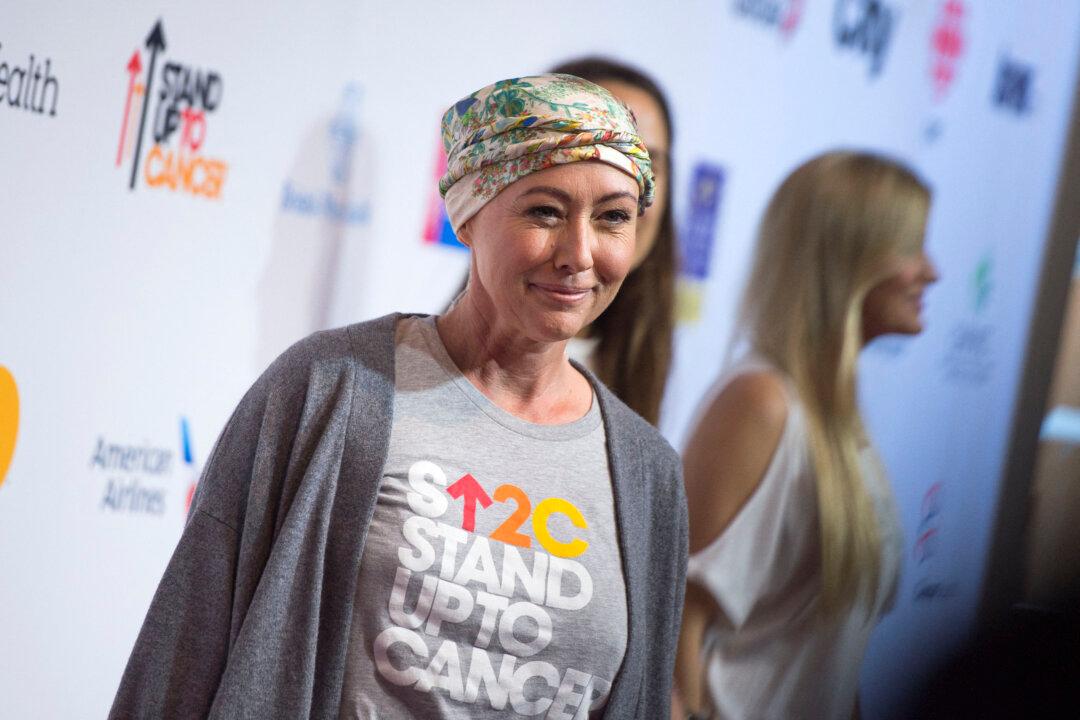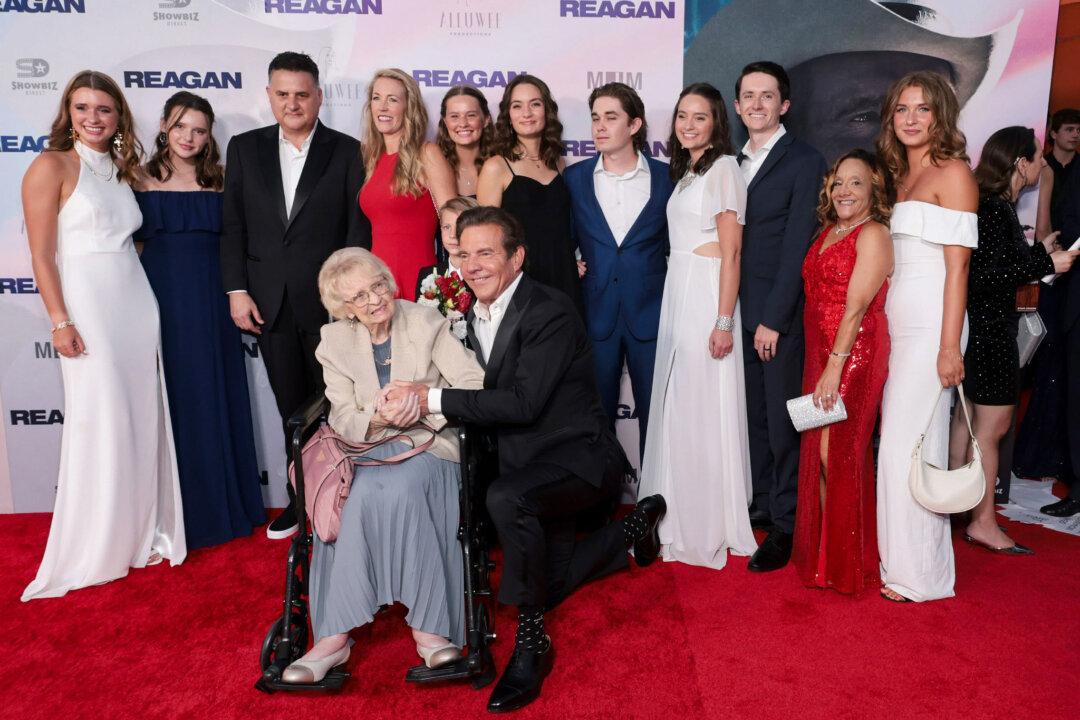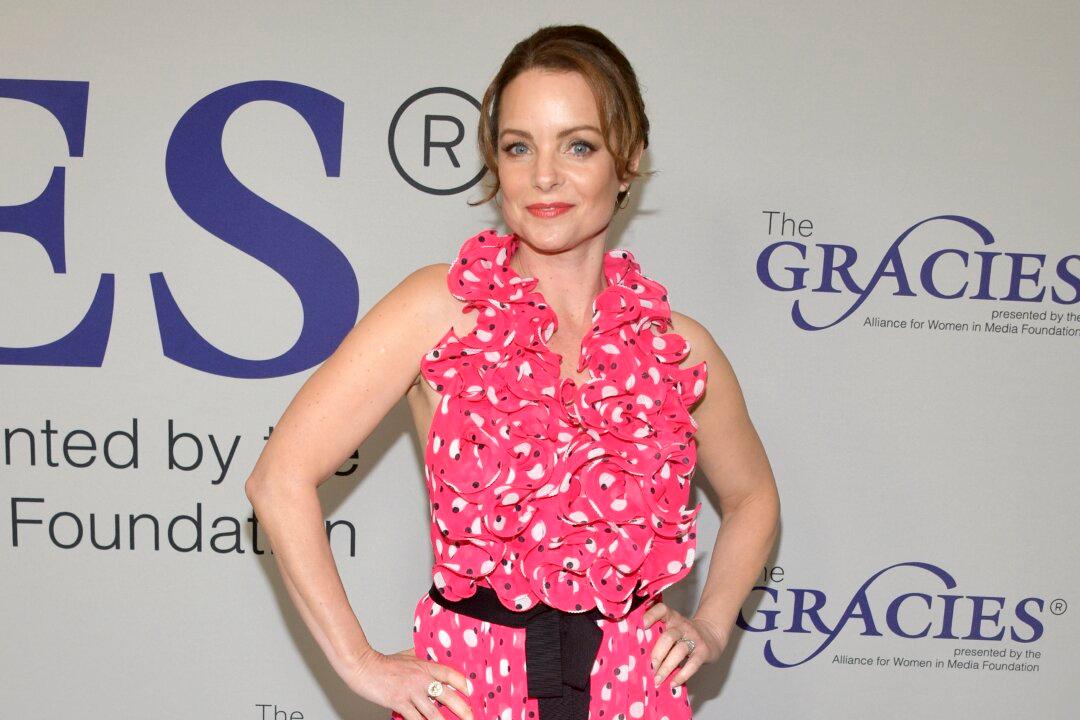Shannen Doherty, renowned for her roles in “Charmed” and “Beverly Hills, 90210,” recently shared a positive health update in her ongoing battle against stage four breast cancer, which has also spread to her brain and bones.
During a recent episode of her podcast, “Let’s Be Clear,“ the 52-year-old actress discussed a new cancer infusion treatment she is undergoing, referring to it as a ”miracle.”





